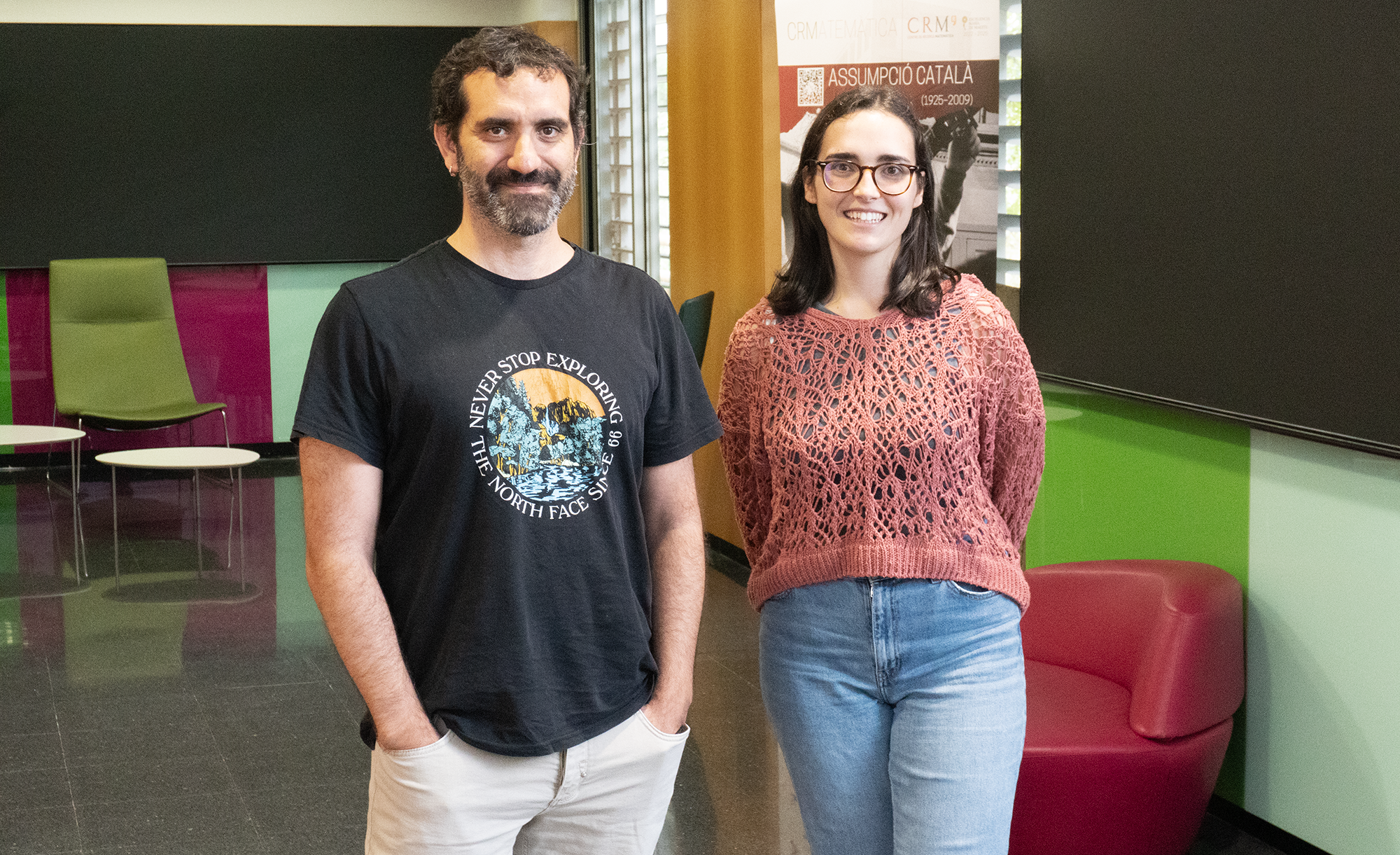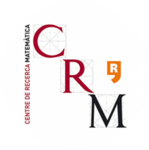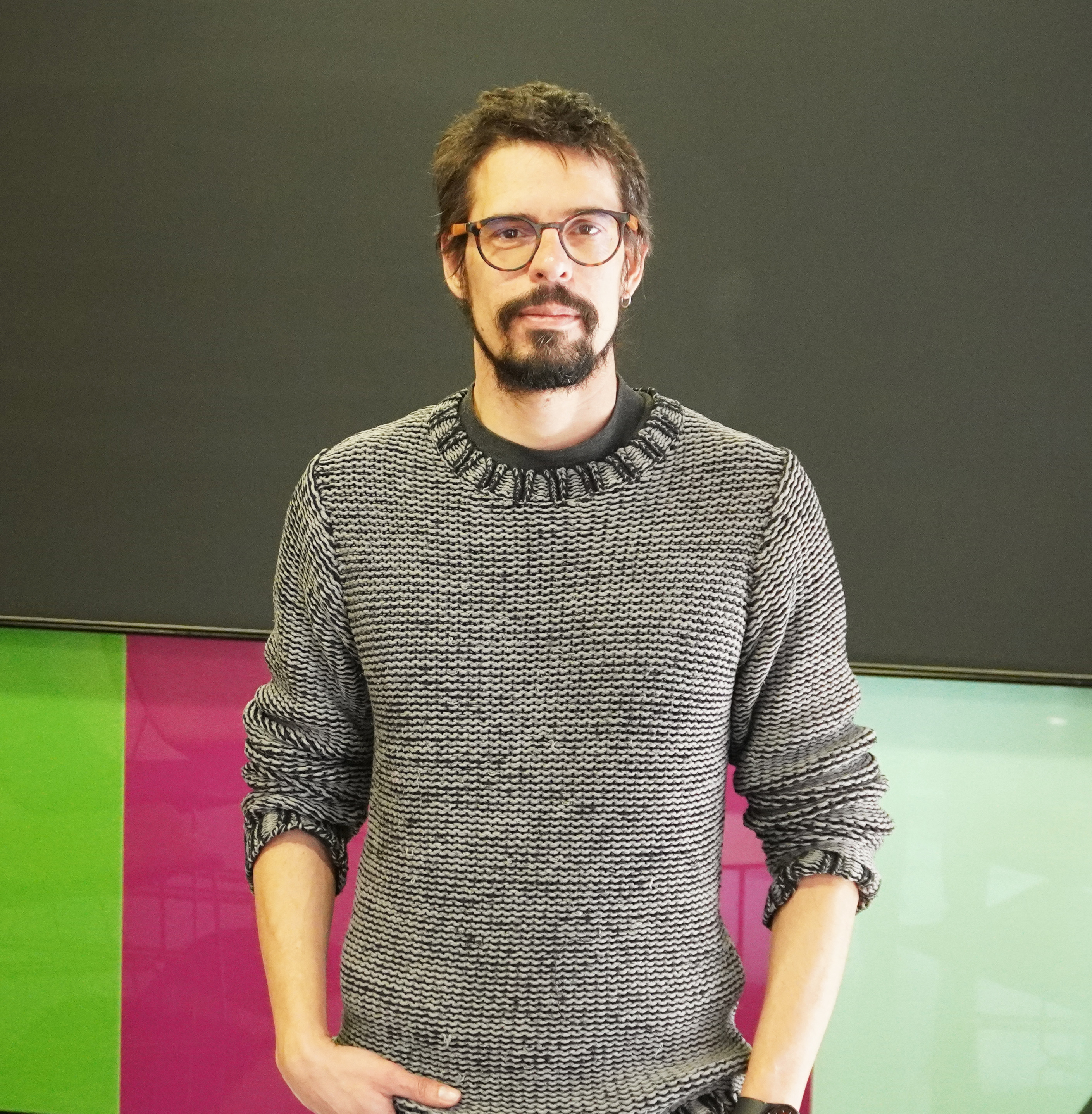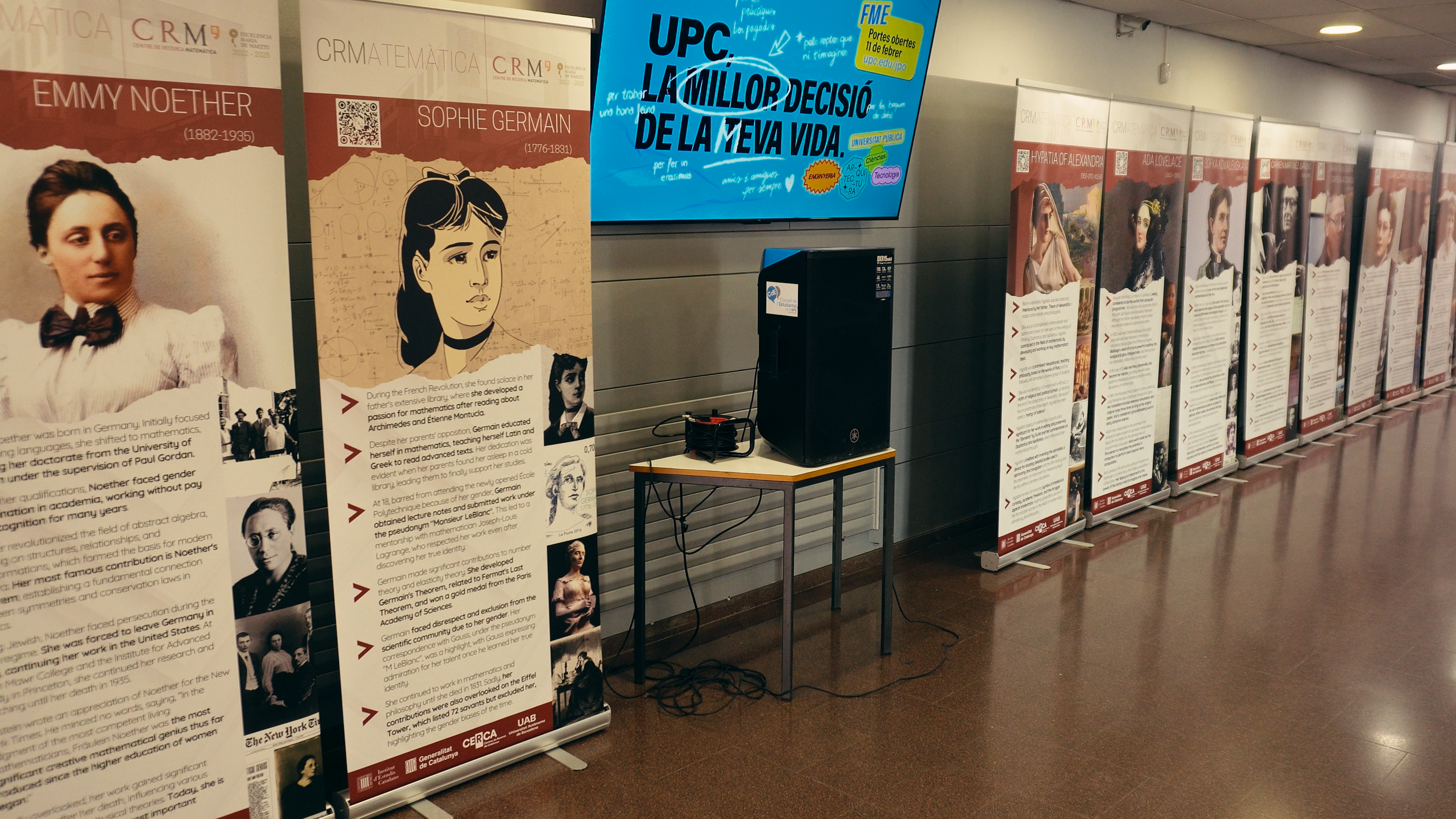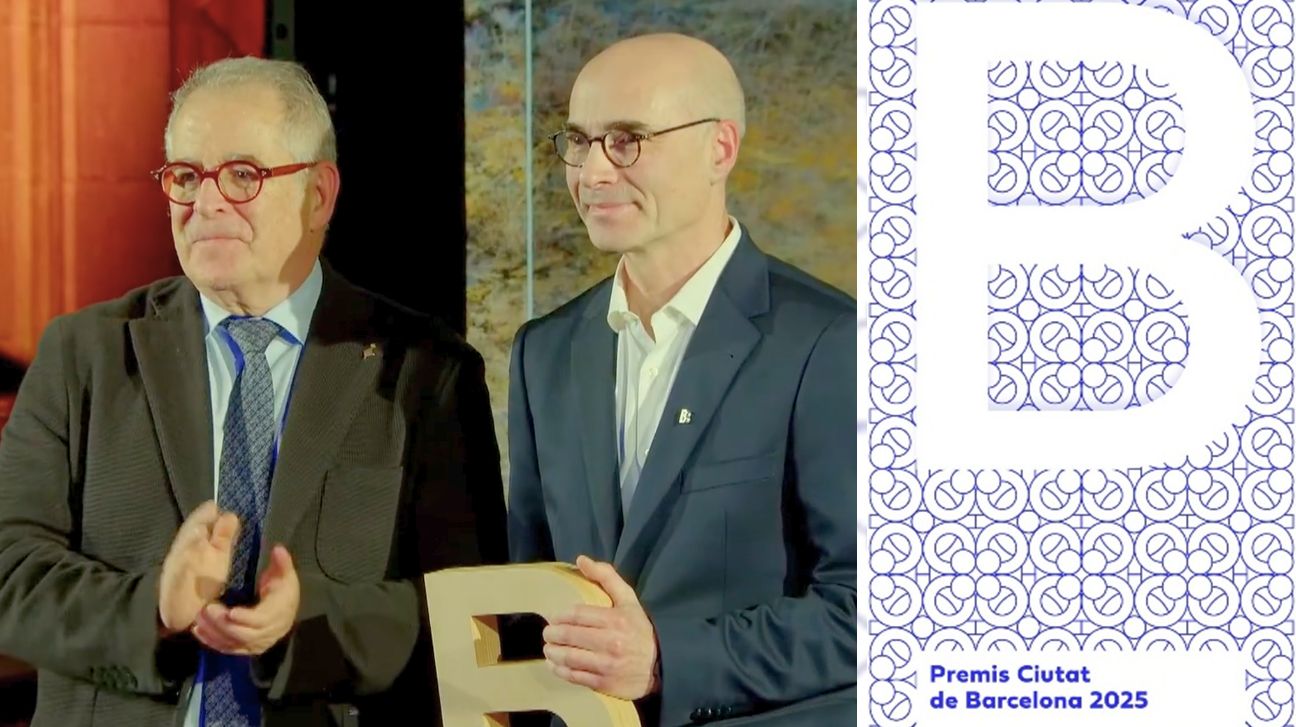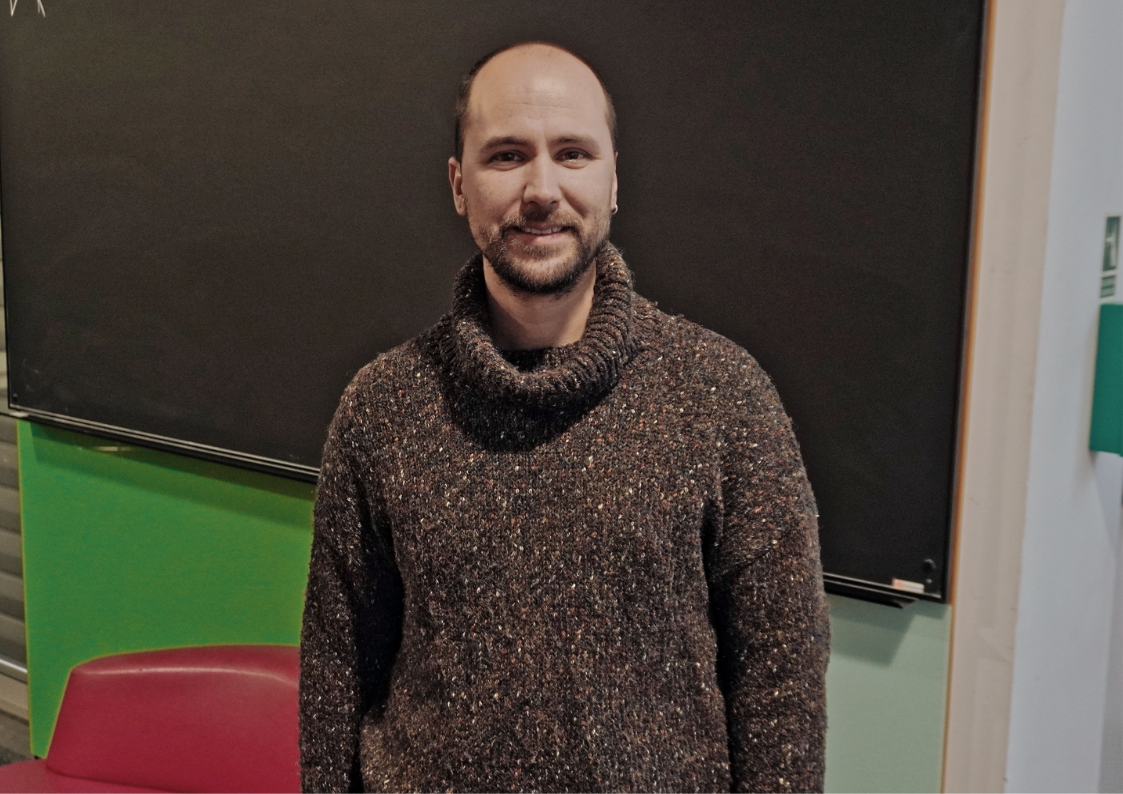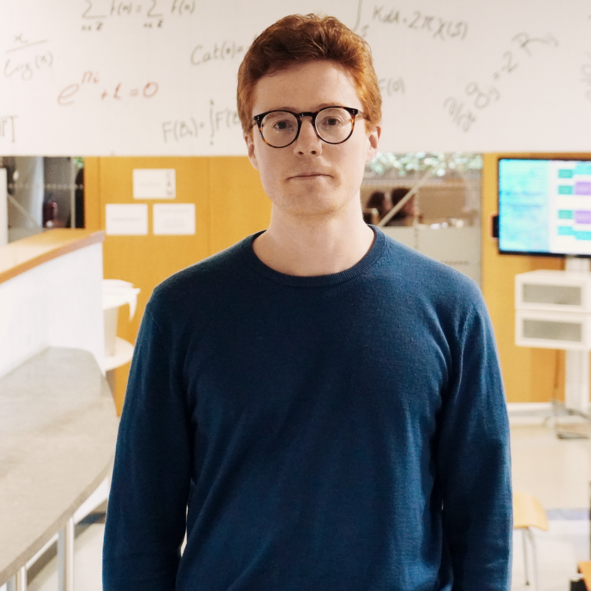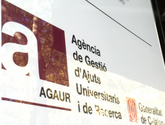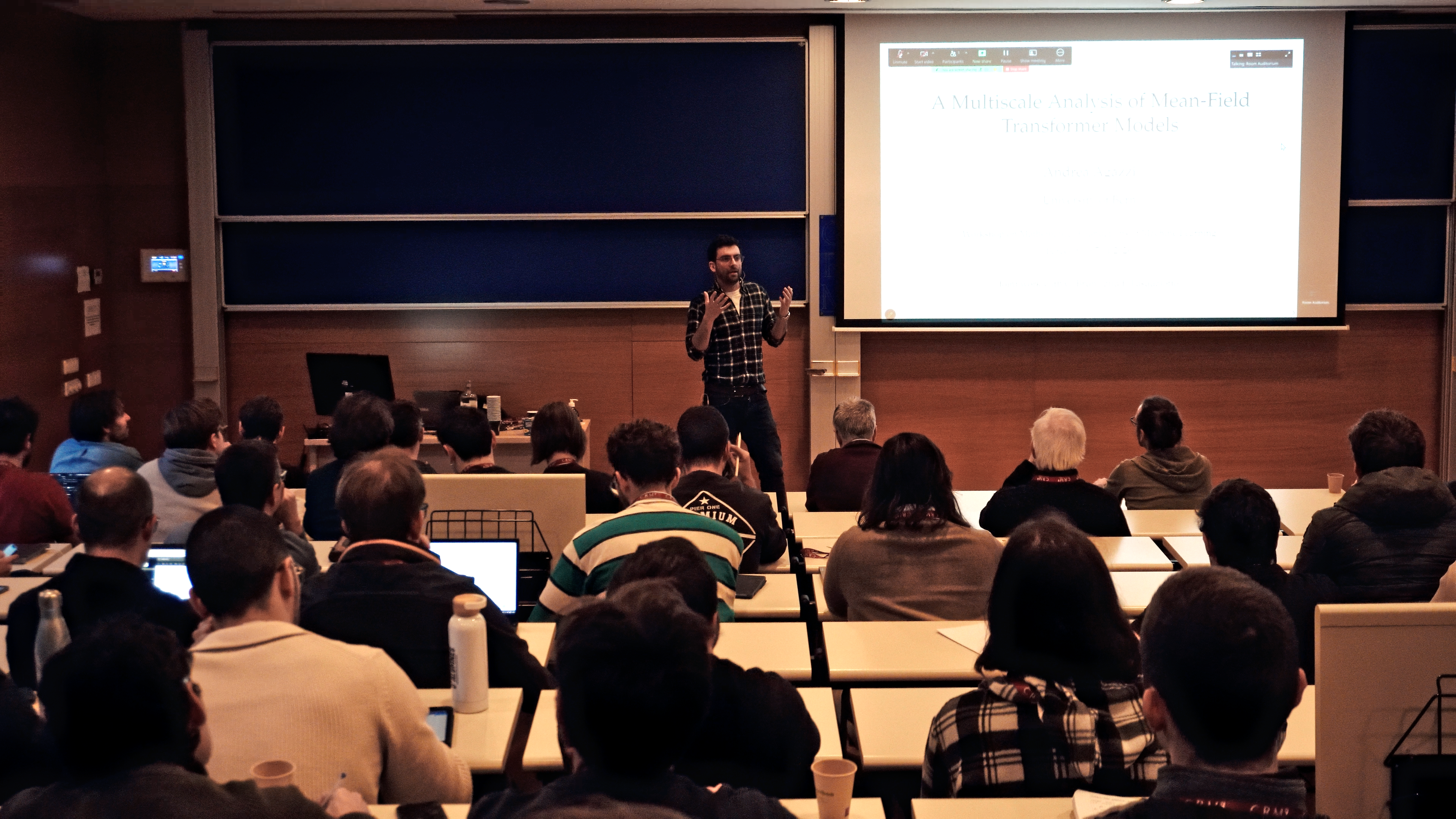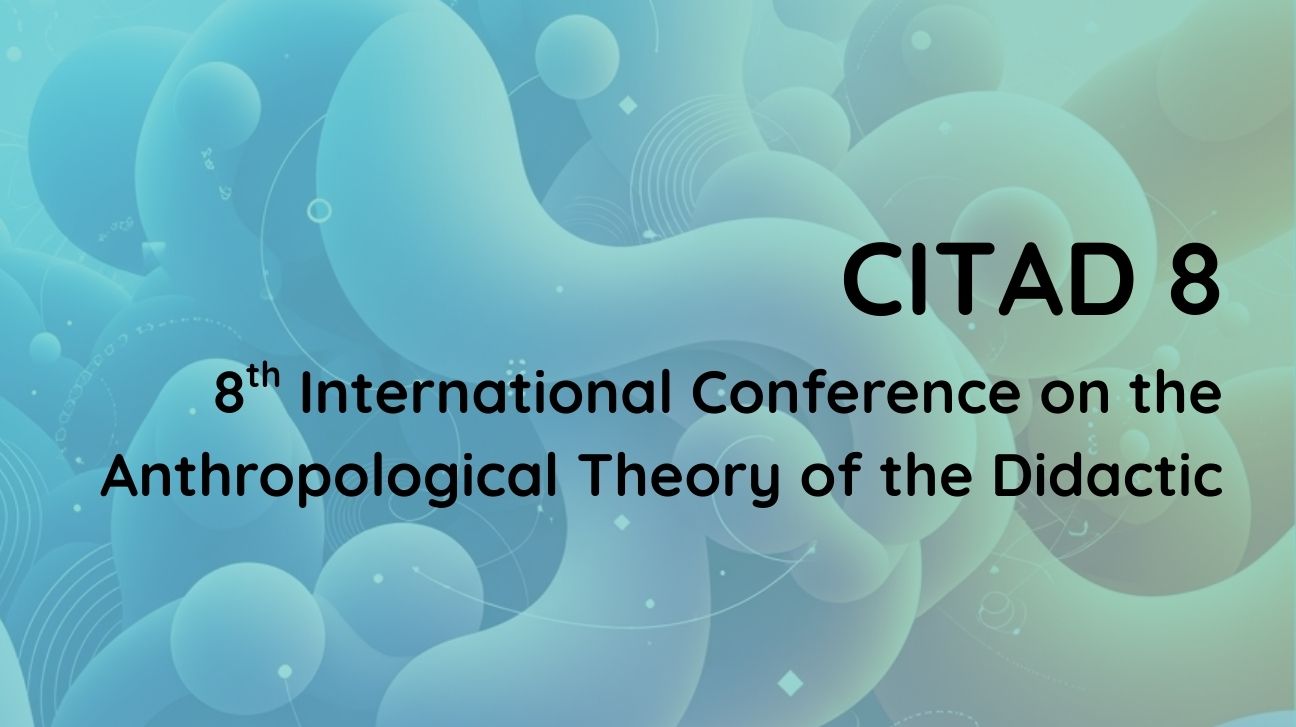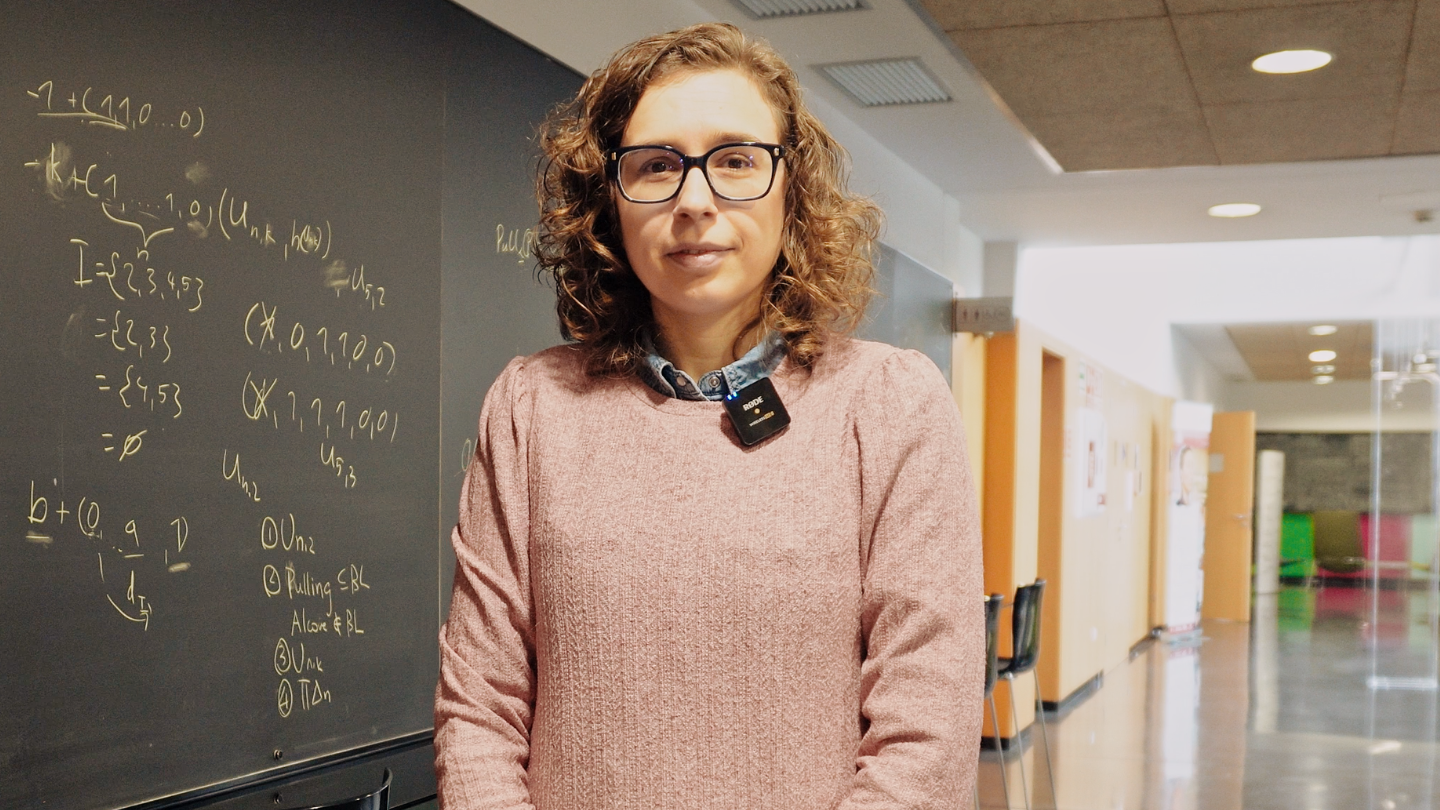
Enhance Europe is a European research project exploring how city streets can become sources of clean, reusable energy. The CRM contributes to the project through its Knowledge Transfer Unit (KTU), working alongside 13 institutions from 9 countries, including universities, research centres, technology firms, and public authorities.
The core idea behind Enhance Europe is to use the sun’s energy (more precisely, the heat absorbed by road surfaces) and transform it into a usable thermal resource. This is done by embedding heat-exchange pipes within the asphalt. These pipes transfer the collected energy to a fluid, which can then serve local thermal needs such as hot water or heating for nearby buildings. In parallel, the system contributes to cooling the road surface, helping mitigate the urban heat island effect.

“Within the Enhance Europe project, the CRM is responsible for the mathematical modeling and numerical simulation of the system,” explains David Romero, director of the KTU. “CRM develops and applies advanced numerical methods to solve the partial differential equations (PDEs) that govern heat transfer and fluid dynamics in the pavement-integrated energy harvesting systems. This work is essential for predicting system behaviour, optimising performance, and supporting the design of effective, scalable solutions.”
As Lucia Escudero, research technician at the CRM KTU, describes: “The CRM’s central role is mathematical modeling, integrating all the technical aspects of the project, such as modeling the pipes or using mathematical models to simulate the mechanisms of heat transfer. We also focus on efficiency and sensitivity analysis, providing insight into how the system performs under different conditions.”
This work supports decisions about how the system should be built and operated in diverse urban settings. From geometry and materials to temperature variations and fluid dynamics, CRM’s models offer a way to anticipate what will happen in the real world, before a single meter of pipe is laid.
“CRM develops and applies advanced numerical methods to solve the partial differential equations (PDEs) that govern heat transfer and fluid dynamics in the pavement-integrated energy harvesting systems.”
— David Romero, CRM KTU
“From a mathematical perspective,” adds Romero, “it is especially compelling to see how ideas from abstract mathematics (such as partial differential equations and computational methods) can evolve from the world of theory into a concrete, impactful application. It’s a powerful demonstration of how fundamental science can actively shape real-world solutions and contribute to building a more sustainable future.”
Enhance Europe is coordinated by the University of Padua. The project runs from 2025 to 2028 and is funded by the European CETPartnership programme. Over the next three years, full-scale demonstrators will be built and tested in four cities: Padua (Italy), Ostrava (Czech Republic), Riga (Latvia), and Vaasa (Finland). Each location offers a different climate and urban infrastructure, helping researchers validate the system under varying conditions.

Sharing Knowledge and Rethinking Urban Potential
As part of its involvement, CRM also leads the project’s communication work package. “CRM coordinates efforts to disseminate the project’s progress and results, raise awareness among stakeholders, and promote the broader adoption of this innovative technology,” says Romero.
Finally, Lucia Escudero emphasizes that mathematics plays a deeper role than might be expected in a project focused on infrastructure and environment: “The mathematical approach provides the technical foundation to improve and predict system behavior. We use mathematical models to understand the system, and we apply optimization and analysis techniques to identify the optimal parameters and improve decision-making.”
In the end, Enhance Europe is about reimagining what cities can be, and how even the most mundane surfaces, like asphalt, might contribute to the clean energy transition.
You can learn more about the project visiting https://enhanceeurope.eu/
crm researchers
Subscribe for more CRM News
|
|
CRM CommPau Varela
|
Three ICM speakers headline the first CRM Faculty Colloquium
On 19 February 2026, the Centre de Recerca Matemàtica inaugurated its first CRM Faculty Colloquium, a new quarterly event designed to bring together the mathematical community around the research carried out by scientists affiliated with the Centre. The CRM auditorium...
Trivial matemàtiques 11F-2026
Rescuing Data from the Pandemic: A Method to Correct Healthcare Shocks
When COVID-19 lockdowns disrupted healthcare in 2020, insurance companies discarded their data; claims had dropped 15%, and patterns made no sense. A new paper in Insurance: Mathematics and Economics shows how to rescue that information by...
L’exposició “Figures Visibles” s’inaugura a la FME-UPC
L'exposició "Figures Visibles", produïda pel CRM, s'ha inaugurat avui al vestíbul de la Facultat de Matemàtiques i Estadística (FME) de la UPC coincidint amb el Dia Internacional de la Nena i la Dona en la Ciència. La mostra recull la trajectòria...
Xavier Tolsa rep el Premi Ciutat de Barcelona per un resultat clau en matemàtica fonamental
L’investigador Xavier Tolsa (ICREA–UAB–CRM) ha estat guardonat amb el Premi Ciutat de Barcelona 2025 en la categoria de Ciències Fonamentals i Matemàtiques, un reconeixement que atorga l’Ajuntament de Barcelona i que enguany arriba a la seva 76a edició. L’acte de...
Axel Masó Returns to CRM as a Postdoctoral Researcher
Axel Masó returns to CRM as a postdoctoral researcher after a two-year stint at the Knowledge Transfer Unit. He joins the Mathematical Biology research group and KTU to work on the Neuromunt project, an interdisciplinary initiative that studies...
The 4th Barcelona Weekend on Operator Algebras: Open Problems, New Results, and Community
The 4th Barcelona Weekend on Operator Algebras, held at the CRM on January 30–31, 2026, brought together experts to discuss recent advances and open problems in the field.The event strengthened the exchange of ideas within the community and reinforced the CRM’s role...
From Phase Separation to Chromosome Architecture: Ander Movilla Joins CRM as Beatriu de Pinós Fellow
Ander Movilla has joined CRM as a Beatriu de Pinós postdoctoral fellow. Working with Tomás Alarcón, Movilla will develop mathematical models that capture not just the static architecture of DNA but its dynamic behaviour; how chromosome contacts shift as chemical marks...
Criteris de priorització de les sol·licituds dels ajuts Joan Oró per a la contractació de personal investigador predoctoral en formació (FI) 2026
A continuació podeu consultar la publicació dels criteris de priorització de les sol·licituds dels ajuts Joan Oró per a la contractació de personal investigador predoctoral en formació (FI 2026), dirigits a les universitats públiques i privades del...
Mathematics and Machine Learning: Barcelona Workshop Brings Disciplines Together
Over 100 researchers gathered at the Centre de Recerca Matemàtica to explore the mathematical foundations needed to understand modern artificial intelligence. The three-day workshop brought together mathematicians working on PDEs, probability, dynamical systems, and...
Barcelona + didactics + CRM = CITAD 8
From 19 to 23 January 2026, the CRM hosted the 8th International Conference on the Anthropological Theory of the Didactic (CITAD 8), a leading international event in the field of didactics research that brought together researchers from different countries in...
Seeing Through Walls: María Ángeles García Ferrero at CRM
From October to November 2025, María Ángeles García Ferrero held the CRM Chair of Excellence, collaborating with Joaquim Ortega-Cerdà on concentration inequalities and teaching a BGSMath course on the topic. Her main research focuses on the Calderón problem,...

